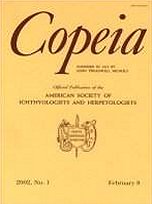Reptile eggs from cool temperate environments often experience cool incubation conditions, which may have long-term consequences for individual fitness. We studied the effects of artificial incubation regimes on size, growth, and survival of New Zealand's only endemic oviparous lizard, Oligosoma suteri. Eggs were randomly distributed among three incubation temperatures (18, 22, 26 C) and two water potentials (−120 and −270 kPa). Hatchlings incubated at 22 C and −120 kPa were significantly larger for most measurements than hatchlings from other incubation treatments. Juveniles from the two higher incubation temperatures had more rapid growth and ultimately greater size by 12 months, as well as significantly higher survival to 18 months, than did 18 C incubated individuals. Hatchling size did not influence survival. Our data suggest that the restricted northern distribution of O. suteri results from ecological constraints caused by the negative effects of cool incubation temperatures on embryos and subsequently hatchlings.
How to translate text using browser tools
1 May 2004
Size, Growth, and Survival Are Reduced at Cool Incubation Temperatures in the Temperate Lizard Oligosoma suteri (Lacertilia: Scincidae)
Kelly M. Hare,
Christopher G. Longson,
Shirley Pledger,
Charles H. Daugherty
ACCESS THE FULL ARTICLE





